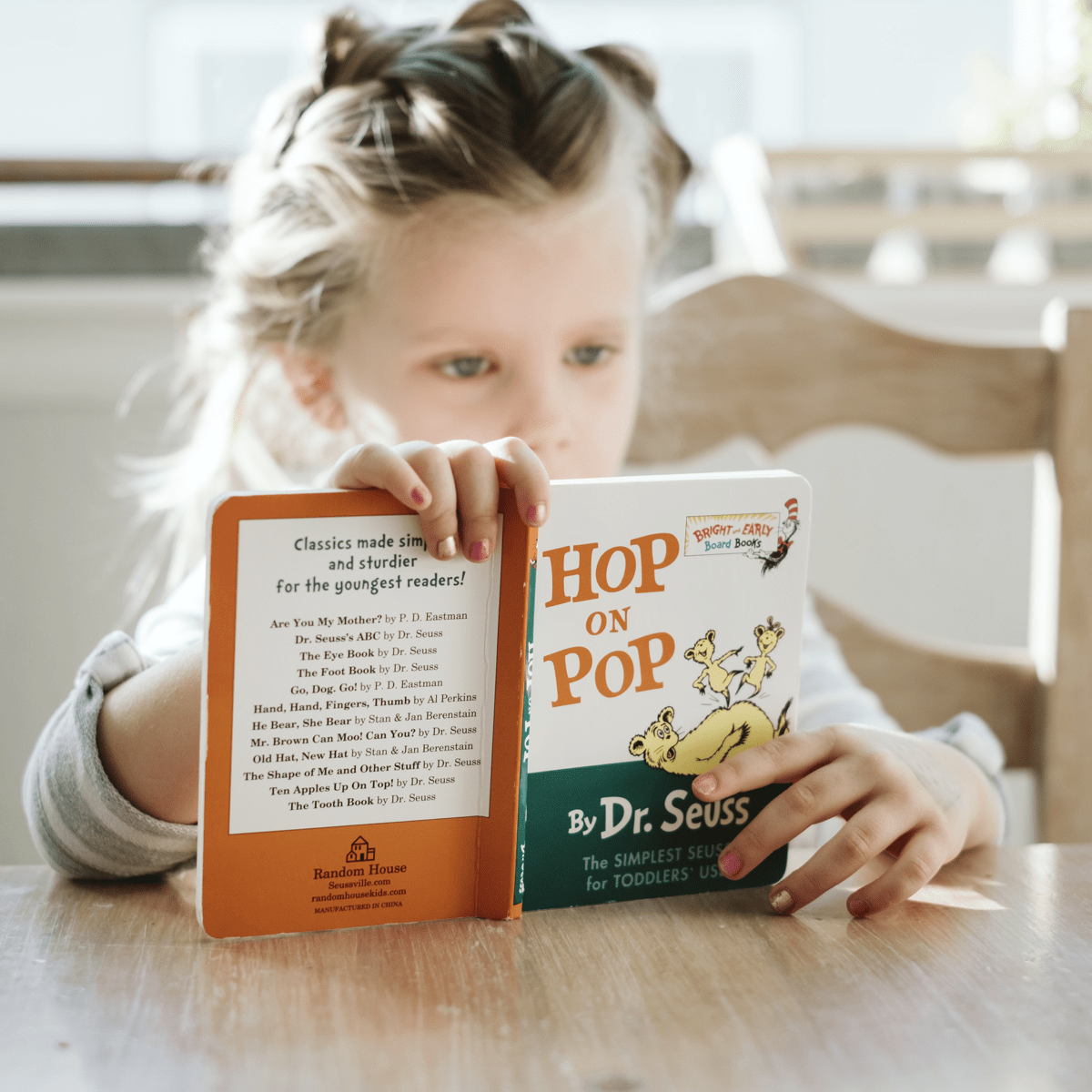What is the Early Intervention
Research Group?
About EIRG
The Early Intervention Research Group is a non-profit research group that conducts research on early intervention systems and services.
The Early Intervention Research Group (EIRG) at Northwestern University is a federally-funded home visiting program that provides support and services (e.g., speech therapists) to families of children under three-years-old with developmental disabilities or delays. The EIRG focuses on language and communication. Our goal is to find the most effective interventions for parents, children, and clinicians. Additionally, we care about early access and helping children get identified sooner because intervening early in a child’s life can help them excel in years to come.
We are a group of clinicians (speech-language pathologists, developmental therapists, social workers, etc.), caregivers, community members, researchers, and students. Through federally funded research projects, we provide families and clinicians access to additional services and supports. We use this research to maximize family and child outcomes and improve early intervention systems.


Our Mission
The Early Intervention Research Group (EIRG) empowers caregivers and clinicians to support early communication development for children with developmental differences.

Our Vision
We exist to support and enhance early development of infants and toddlers through caregiver empowerment. The following goals guide this mission: to empower families to implement effective early intervention strategies, to increase implementation of and access to evidence-based and family-centered practices in early intervention, and to understand the best ways to adapt and customize intervention approaches based on child and family characteristics.

Our Collaborative Approach
We activate change through robust partnerships with stakeholders. We recognize families and clinicians as experts. We prioritize risk-taking, efficiency, and accessibility in order to conduct rigorous and equitable research. Collectively, we create individualized, evidence-based solutions in service of influencing policy.
Our Beliefs
We believe individualized, family-centered practices based on trust and respect empower decision-making, effective participation, and create the best outcome for all involved.
We believe our role is to partner with caregivers — nurturing, supporting, and empowering them to be experts in their own experiences.
We believe resources and intervention methods should be culturally responsive, inclusive, and accessible. By amplifying marginalized voices, we build a better understanding of neurodiversity and individualized solutions.
We believe employing accessible, evidence-based practice builds trust, transforms lives, and empowers clinicians to challenge ableist frameworks, false narratives, and systemic disadvantages that impact young children and their families.
We believe our work requires transparency, understanding, creative problem-solving, and genuine connection to individualize approaches to support a child’s early development.

DEI Statement
Our Commitment to Diversity, Equity, and Inclusion
We recognize that systemic racism, oppression, and bias result in discrimination against Black Indigenous and People of Color (BIPOC) children and families. We also acknowledge the justified mistrust of research and the medical field disproportionally experienced by the Black community. We realize that many beliefs and practices devalue and discriminate against children with developmental (dis)abilities. We know these racist and ableist dynamics will inevitably replicate in our work unless we are committed to challenging and unlearning racism and ableism.
To uphold this commitment, we: (a) center each family’s unique cultural identity and respect their traditions, values, and beliefs, and (b) value the unique strengths and identity of neurodiverse and autistic people and (c) we are continuously evaluating our current research processes to ensure equitable participation in research by all families.
Our Story
Dr. Meg Roberts founded the EIRG in 2013 after practicing as an early intervention speech language pathologist.
She started as faculty at Northwestern University to use research to improve the lives of children with developmental differences and their families. At the time she had one small grant and one additional team member. Overtime, the EIRG has expanded to a group of over 20 members, who all share the same vision and mission of wanting to research that matters to caregivers, children, and clinicians.
Each EIRG research project was inspired by a child or family who experienced difficulty accessing effective early intervention services for their child. As such, our research methods and ideas are constantly adapting to the needs of communities, so that we are better able to respond quickly to urgent issues facing our field. Recently, we have transitioned to more community-based participatory research that focuses on how effective intervention practices can be implemented in real world settings. Meg is excited to lead this work that draws from her experiences as a practicing speech-language pathologist and developmental therapist as well as her rigorous research training. In addition to these clinical and research experiences, she continues to learn from her autistic niece and her neurodivergent son about what really matters. Similarly, the EIRG includes autistic individuals, clinicians, caregivers, and researchers. It is only at the intersection of these perspectives that we can catalyze lasting change for families and children.
Our Impact
Effective early intervention leads to better learning, communication, and quality of life outcomes.
Given this impact, we hope that our research changes policy and practice so that all families receive evidence-based interventions as early in development as possible.
We know that the only way to truly activate change is to take risks. Sometimes those risks include writing a research proposal that challenges the status quo and is less-likely to be funded. At the EIRG we take big risks, but do so systematically and collaboratively. This is what leads to good science.
We hope that during the lifespan of the EIRG, we can influence the following changes:
Earlier diagnosis for autistic children
Research-supported (i.e. evidenced-based) therapies implemented widely by early intervention providers
Uptake of parent/caregiver coaching within early intervention therapies (i.e. less therapists that work directly with children and more therapists that coach and train parents how to use strategies throughout their day with their child).
Open-access diagnostic and intervention materials.
Donate to Our Research Lab
We are largely funded through research grants. However, research grants often include a lengthy application process and a short project period and a limited budget. Additionally, we are limited to writing grants that are likely to be funded, but not necessarily rewarded for answering research questions that are risky and challenge the status-quo.
We invite you to donate to our research lab so that we can conduct research studies that are outside of the box so that we can make real-world impact and change.
